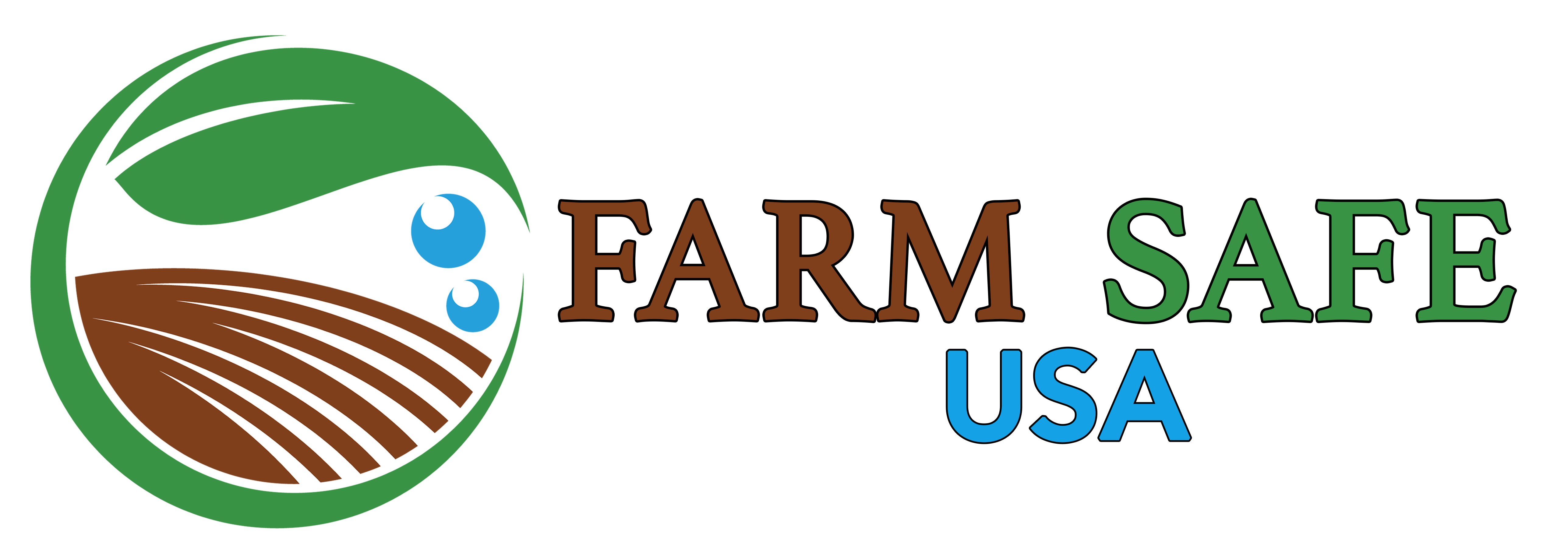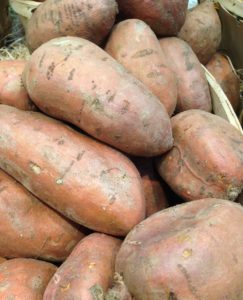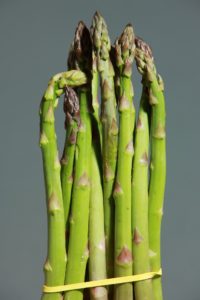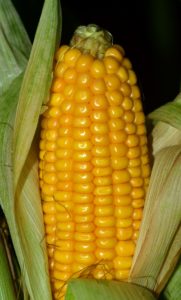DO YOU FALL UNDER AN EXEMPTION?
The law has several ways to be exempt from the Produce Safety Rule. Read below to see if you fall under the exemptions. Keep in mind, even if you fall under an exemption, you are still required to keep some documentation and modified requirements.
Even if you are exempt from the Produce Safety Rule, having a produce safety plan is a wise decision for all produce growers.
Following is the list of exemptions from the Produce Safety Rule. You can read the full law and the exemptions on the FDA website HERE.
1. THE RULE DOES NOT APPLY TO?

- Produce that is not a raw agricultural commodity (RAC). A raw agricultural commodity is any food in its raw or natural state.
- The following produce commodities that FDA has identified as rarely consumed raw: asparagus; black beans, great Northern beans, kidney beans, lima beans, navy beans, and pinto beans; garden beets (roots and tops) and sugar beets; cashews; sour cherries; chickpeas; cocoa beans; coffee beans; collards; sweet corn; cranberries; dates; dill (seeds and weed); eggplants; figs; ginger; horseradish; hazelnuts; lentils; okra; peanuts; pecans; peppermint; potatoes; pumpkins; winter squash; sweet potatoes; and water chestnuts
- Food grains, including barley, dent- or flint-corn, sorghum, oats, rice, rye, wheat, amaranth, quinoa, buckwheat, and oilseeds (e.g. cotton seed, flax seed, rapeseed, soybean, and sunflower seed)
- Produce that is used for personal or on-farm consumption
- Farms that have an average annual value of produce sold during the previous three-year period of $25,000 or less
2. COMMERCIAL PROCESSING.
The rule provides an exemption for produce that receives commercial processing that adequately reduces the presence of microorganisms of public health significance, under certain conditions.
3. WHAT IS A QUALIFIED EXEMPTION?
Another way to be exempt from the Produce Safety Rule is the “Qualified Exemption”. The rule provides a qualified exemption and modified requirements for certain farms.
To be eligible for a qualified exemption, the farm must meet two requirements:
- The farm must have food sales averaging less than $500,000 per year during the previous three years; and
- The farm’s sales to qualified end-users must exceed sales to all others combined during the previous three years. A qualified end-user is either (a) the consumer of the food or (b) a restaurant or retail food establishment that is located in the same state or the same Indian reservation as the farm or not more than 275 miles away.
NOTE: A farm with the qualified exemption must still meet certain modified requirements, including disclosing the name and the complete business address of the farm where the produce was grown either on the label of the produce or at the point of purchase. These farms are also required to establish and keep certain documentation.
4. A FARM’S QUALIFIED EXEMPTION May be Withdrawn as Follows:
- If there is an active investigation of an outbreak of food borne illness that is directly linked to the farm, or
- If FDA determines it is necessary to protect the public health and prevent or mitigate an outbreak based on conduct or conditions associated with the farm that are material to the safety of the farm’s produce that would be covered by the rule.
Before FDA issues an order to withdraw a qualified exemption, the agency:
- May consider one or more other actions to protect public health, including a warning letter, recall, administrative detention, refusal of food offered for import, seizure and injunction.
- Must notify the owner, operator, or agent in charge of the farm, in writing, of the circumstances that may lead FDA to withdraw the exemption, provide an opportunity for response within 15 calendar days of receipt of the notification, and consider actions taken by the farm to address the issues raised by the agency.
A withdrawn exemption may be reinstated if (as applicable):
- The FDA determines that the outbreak was not directly linked to the farm, and/or
- The FDA determines that the problems with conduct or conditions material to the safety of the food produced or harvested at the farm have been adequately resolved, and continued withdrawal of the exemption is not necessary to protect public health or prevent or mitigate an outbreak of foodborne illness.



